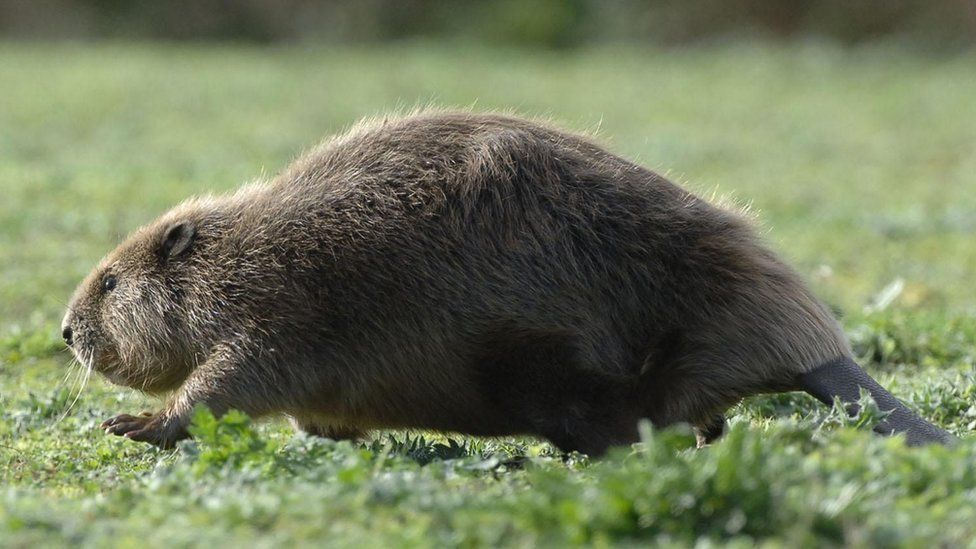ARTICLE AD BOX
By Malcolm Prior
BBC News Rural affairs producer
 Image source, PA Media
Image source, PA Media
Beavers reintroduced into Britain could be protected in law from October
Plans to give beavers legal protection from being captured, killed, injured or disturbed without a licence in England have been delayed.
Legislation was due to be introduced on Tuesday but the government instead said it would come "in due course".
The Wildlife Trusts said the decision to delay put the reintroduction of beavers to the wild "in jeopardy".
The National Farmers' Union (NFU) has raised concerns over the future management of beaver populations.
Eurasian beavers, which were once widespread but hunted to extinction 400 years ago, have been reintroduced at sites across Britain.
The first wild beavers were released in Scotland in 2009, where the species was granted legal protection 10 years later.
In England, the government is hoping to introduce an amendment to the Conservation of Habitats and Species Regulations 2017 that would protect beavers from October.
'Extremely disappointing'
The proposed amendment comes as the wider release of beavers into the wild is currently being considered.
This month, the Wildlife Trusts, which have overseen the release of Eurasian beavers across Britain, have seen beaver kits born in Cheshire, Derbyshire and Dorset and they have highlighted the work beavers do in holding water on the land during the current heatwave.
They are now calling for an explanation about why the move was delayed.
Craig Bennett, Chief Executive of The Wildlife Trusts, said: "Clarity around legal protections for beavers are crucial if populations are to recover and thrive long term - it is extremely disappointing that this legislation has been brought to a juddering holt, with no explanation why.
"We need to see the widespread return of wild beavers to create vital wetland habitats and restore rivers, many of which have been damaged by centuries of dredging and being cut off from floodplains. As England grapples with a nature and climate emergency, we need our beavers back."
Trials in England and Wales have been assessing the impact of beavers on the environment, with studies showing that the semi-aquatic mammals can slow river flows with their dams, which can protect land from flooding and create habitats for other native species.
If it comes in, the new legislation would allow Natural England to grant wildlife management licences for landowners to control beaver populations in places where they are having a negative impact.
But the NFU, which is concerned about the effect beavers can have on farmland - particularly flooding - called for Defra to ensure farmers were still able to manage populations where necessary.
Richard Bramley, the NFU's environment forum chair, said: "The potential impacts that beavers can have on agricultural land are of concern to the NFU; undermining riverbanks, damaging trees, impeding farmland drainage, and causing low-lying fields to flood.
"Before beavers become a protected species, the NFU calls on Defra to ensure there is an effective and bureaucracy-free management framework in place. This needs to be accessible to farmers to enable them to maintain their productive capacity."
Related Internet Links
The BBC is not responsible for the content of external sites.

 2 years ago
51
2 years ago
51








 English (US) ·
English (US) ·